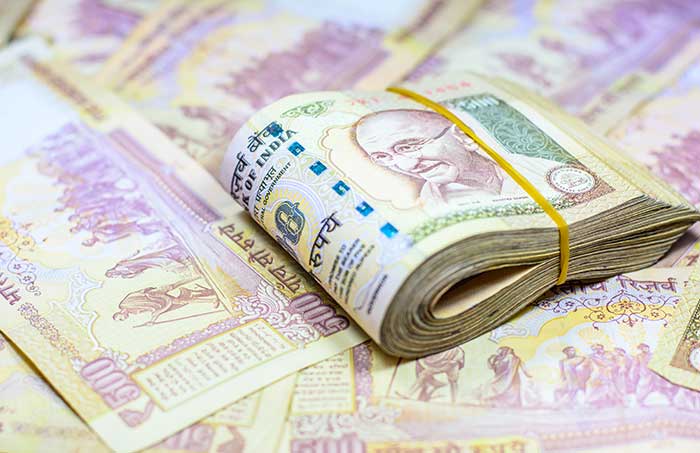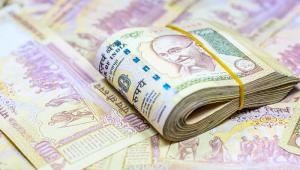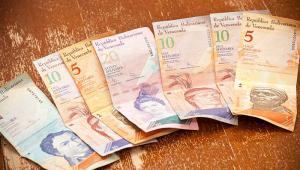Prime minister Narendra Modi, who is spearheading an anti-corruption drive, took the nation unawares last night when he announced in a televised address that demonetisation of the notes would begin from 12 midnight.
Banks were closed and ATMs were not working on Wednesday as the country adjusted to the sudden announcement.
The notes were the highest available denominations and used regularly in India. Yesterday, they were worth around $7.5 and $15. Today, in Modi’s words, they are just “worthless pieces of paper”.
Citizens will be able to deposit their notes at banks or post offices until the end of the year. Meanwhile, new 500 and 2,000 rupee notes will be issued.
“This step will strengthen the hand of the common man in the fight against corruption, black money and fake currency,” he said.
The move is intended to clamp down on India’s mammoth “shadowy economy”, where money, known in India as “black money”, is earned, kept and exchanged out of sight of the authorities. Black money might be untaxed, earned from corruption, or used for terrorist financing, for example.
In a statement, India’s finance ministry also said that the existence of black money pushes inflation up, with negative consequences for the poor and middle classes in particular.
In 2010, the World Bank put the size of India’s shadowy economy in 2007 at 23.2% of the country’s GDP.
In percentage terms, that’s relatively small. However, when applied to one of the largest economies in the world, it equates to hundreds of billions of dollars.
Tax avoidance and evasion using black money is also rife. The most recent data for the 2012/13 fiscal year revealed that of India’s population of 1.3 billion, only around 1% pay tax.
The value of untaxed black money stashed in foreign tax havens is suspected to be huge. Estimates vary, but in 2012, India’s Central Bureau of Investigation put the figure at $500bn – more than any other country.
Modi vowed to recoup billions in black money during his 2014 election campaign, and has been trying to drive out corruption and tax avoidance in the country.
Last month, an Indian tax amnesty scheme announced that thousands of evaders had come forward to declare hidden income and assets worth around $9.8bn.
Before that, Modi pushed through a historic reform to India’s disjointed and byzantine tax system. It consolidated a myriad of rates into one and brought the country’s various states into a near-enough single market for the first time.
Naveen Aggarwal, chief operating officer of tax at KPMG in India, described the latest announcement as a “bold” and “much-needed” move for the world’s fastest growing major economy.
“Although this cautiously optimistic move is likely to hurt consumption demand in the near term, it is expected to provide long standing positive impact on currency circulation, provide thrust to the government’s financial inclusion efforts and tame inflationary trends,” he said.













